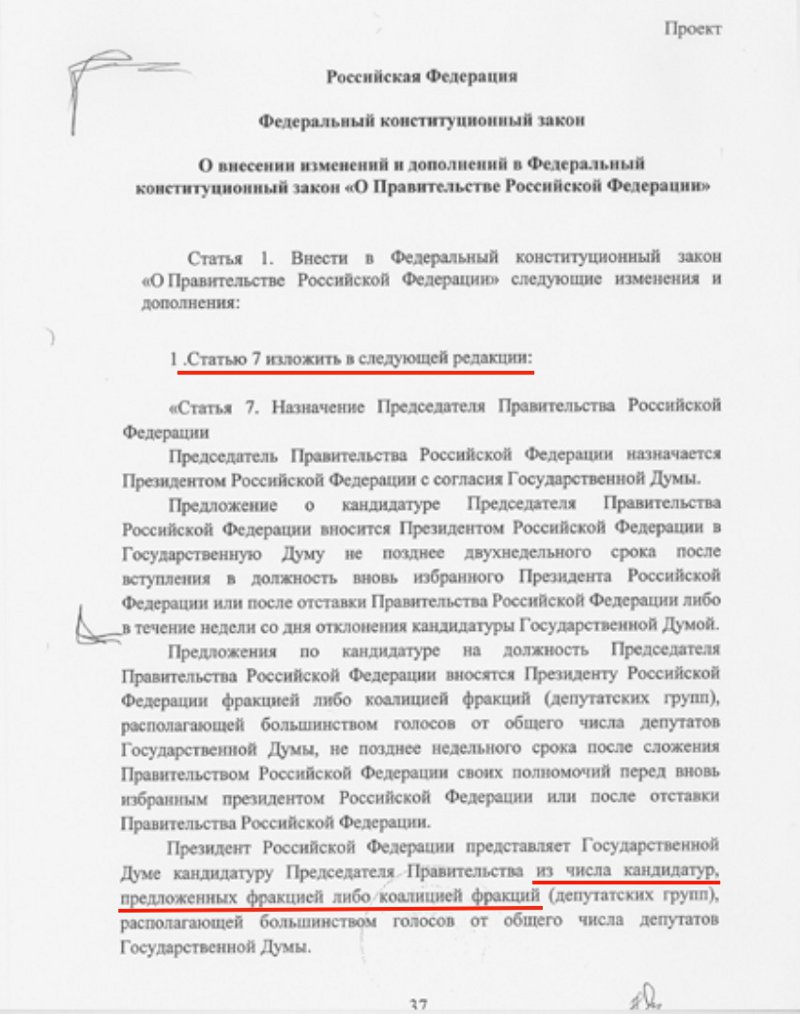
Ходорковский – нарушитель конвенции. Олигархи «ёрзают в своих креслах», но на выручку к Ходорковскому не спешат. Что было 13 августа 2002 и 2003 года
В этот день, 13 августа 2002 года швейцарская газета «Le Temps» опубликовала характерный для тех лет материал под заголовком «Восемь крупных акционерных компаний диктуют Кремлю свою политику реформ». В основу своей публикации автор Лоран Николе, положил тезисы доклада Питера Буна и Дениса Родионова, аналитиков из «Brunswick UBS Warburg».
Как сообщили в своём докладе эксперты, «анализируя деятельность 64 самых крупных российских компаний, больше не контролируемых государством, мы обнаружили, что 85% их капиталов находятся в руках всего лишь восьми групп акционеров». В группу «восьми», по данным докладчиков, вошли: "Менатеп", "Интеррос", Millhouse/Russian Aluminum, "Система", "Лукойл", "Альфа", "Сургутнефтегаз" и "Автоваз", которые «приобретали свои акции при довольно сомнительных обстоятельствах, нарушая российские законы и идя вразрез с программами приватизаций. Представители политической и финансовой элиты очень часто выступали с критикой их деятельности».
Эксперты, однако, зафиксировали, что мутные методы работы бизнесменов постепенно уходят в прошлое, бизнес сам для себя захотел прозрачности, законности, и «благоприятного инвестиционного климата».
ФОРМУЛА КОНСЕНСУСА МЕЖДУ ВЛАСТЬЮ И ОЛИГАРХАМИ
«Метод работы, заключавшийся в извлечении выгоды из отсутствия контроля и пособничества государственных чиновников для создания финансовых и промышленных империй, вскоре исчезнет: «большая восьмёрка» приняла решение об изменениях методов руководства своими предприятиями, с «введением прозрачных счетов, созданием стратегий на среднесрочную перспективу и улучшением их производительности». По словам Питера Буна и Дениса Родионова, «эти мощные группы перешли от анархии и отсутствия прозрачности к защите главенства закона и прав собственности. Решения об этих изменениях были приняты потому, что эти группы хотят официально пользоваться имеющимися в их распоряжении средствами и иметь возможность реструктурировать свои предприятия» - отмечала газета, указывая, что состояние главы НК Юкос Михаила Ходорковского составляет 3,7 миллиарда долларов, тогда как у Романа Абрамовича на тот момент было всего лишь три.
Автор не забыл упомянуть общеизвестную формулу консенсуса между властью и олигархами о том, что бизнес со своими сомнительными прожектами в политику не лезет, а занимается, своими предпринимательскими делами.
И в 2002 году казалось, что вроде бы все всё поняли, включая тему налогов и недвусмысленные намёки на возврат российских денег, выведенных в оффшоры и заграничные банки. Однако в Юкосе решили, что «с ними Америка», а значит можно вести двойную игру. Об этом свидетельствуют хотя бы документы о подготовке Ходорковским «своих кандидатов» в депутаты на выборы в 2003 года, которыми «незаметно» занимались уже осенью 2002 года, с прицелом на итог - коррупционным путём изменить конституционный строй России, потому что денежный мешок Ходорковский «так видит будущее». В результате из-за одного нарушителя конвенции уже спустя год весь цех «равноудалённых олигархов» стоял на ушах.
В 2002 году «Открытая Россия» заказала Фонду развития парламентаризма разработать изменения и дополнения в Федеральный конституционный закон «О Правительстве Российской Федерации».
Ключевая фраза: «Президент представляет Государственной Думе кандидатуру Председателя Правительства из числа кандидатур, предложенных фракцией либо коалицией фракций (депутатских групп), располагающих большинством голосов…»
См. МБХ-files. Коррупционный переворот.
Секретные материалы «Открытой России». Михаил Ходорковский готовил захват власти в 2004 году. Подсадив на финансовую иглу Юкоса депутатов и отдельных чиновников, Михаил Ходорковский намеревался по-своему распорядиться Россией»
«ПРИСТУПЫ НЕПРИЯТНЫХ ПРЕДЧУВСТВИЙ»
В этот день, 13 августа 2003 года газета «Financial Times» прямо в заголовке поймала настроение, царившее тогда в российском деловом сообществе: «Дело Юкоса заставляет российских олигархов ёрзать на стульях».
«Одни российские бизнесмены ещё собираются в августе в отпуска, но другие уезжают лишь на короткий срок, нервничая из-за начатых в июле расследований против Юкоса. Это дело вызвало в деловом сообществе приступы неприятных предчувствий…» - отмечал журналист Эндрю Джек. Он же поделился поразившим его наблюдением – олигархический цех не особенно рвался на выручку к Ходорковскому.
«Больше всего в последнем скандале поражает слабая реакция со стороны других крупных компаний. Когда в 2000 году был арестован медиамагнат Владимир Гусинский, а год спустя взяты под стражу руководители нефтехимической группы "Сибур", ведущие компании немедленно обнародовали заявления, осуждающие эти действия. Ходорковский такой поддержки не получил» - удивился автор.
«Это отчасти можно объяснить духом соперничества и даже завистью к успехам Юкоса, который в последние три года повысил свой статус и рыночную капитализацию. Но многие бизнесмены считают, что Ходорковский слишком открыто проявляет свои политические амбиции» - рассудил репортёр FT, напомнив, что еще «во время недавнего интервью в московском офисе Юкоса Ходорковский был возмущён и нервничал, но при этом казался готовым к противостоянию».
(См. Financial Times: «Юкос оказывает тайную поддержку компартии» )
Впрочем, один из собеседников издания был вполне конкретен в своей оценке ситуации: «Он нарушил договор с президентом», имея в виду молчаливое соглашение 2000 года, по которому Кремль не пересматривает результаты приватизации 90-х годов, а бизнесмены остаются вне политики».
В итоге все участники цеха оперативно бросились подчищать свои налоговые хвосты, повышать качество финансовой и прочей отчётности, некоторые и вовсе задумались о переводе бизнеса в российскую юрисдикцию. Ведь для того, чтобы стать «прозрачным» недостаточно сообщить об этом в газетах Америки и нарисовать красивый график «динамичного развития». Нужно ещё кое-что сделать, причём, в реальности. Ну хотя бы заплатить налоги.
(См. предыдущий материал «Налоговая механика «физика» Ходорковского.
Михаил Ходорковский «как физическое лицо, в 1998-1999 гг. уклонился от уплаты подоходного налога и страховых взносов в Пенсионный фонд на сумму 53 млн. рублей (1,7 млн. долларов). Prigovor.ru напоминает, что было 12 августа 2004 года)